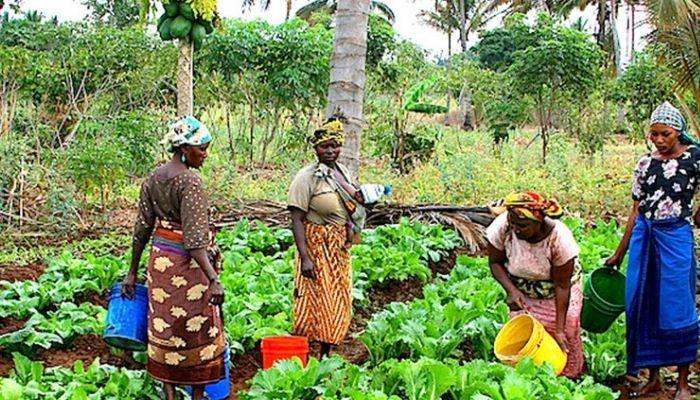…..Fadama CARES programme trains, disburses grants to 4,233 FCT farmers
The Federal Capital Territory (FCT) Fadama Covid-19 Action Recovery and Economic Stimulus (FCT CARES) Programme, said it has trained and disbursed grants to 4,233 benefiting farmers.
Mr Lawan Geidam, the Mandate Secretary, Agriculture and Rural Development Secretariat of the Federal Capital Territory Administration (FCTA), said this on Wednesday in Gwagwalada, FCT.
Geidam spoke at the opening of the FCT Fadama CARES pre-disbursement training for beneficiaries of the third batch of disbursement of grant under the programme.
He said the 4,233 farmers that benefited from the first and second batch of the programme were drawn from 64 farmers’ community associations across the FCT.
According to him, this result was verified by the independent verification agents, engaged by the World Bank during the first and second rounds of verification carried out.
“With the current release of additional resources the FCT Fadama CARES Programme is expected to disburse additional 3,707 beneficiaries.
“This will be done before the commencement of the third round of verification by the World Bank on Dec. 18.
“This will take our cumulative disbursement to 7,940 beneficiaries in addition to the ongoing 17 wet markets projects expected to be completed before the verification exercise,” he said.
He said the intervention was part of efforts by the Agriculture and Rural Development Secretariat to improve the lot of rural farmers in the FCT.
Geidam said the idea was also to support agricultural productivity and ensuring the attainment of food and nutritional security in the FCT.
The FCT Fadama CARES Coordinator, Mr Usman Adangara said the training was designed to build the capacities of participants.
He said the areas to be covered were group dynamics, books and record keeping, environmental management, community based procurement and project monitoring and evaluation.
Adangara said the FCT CARES was targeted at supporting existing and newly emerging vulnerable and poor households that were negatively impacted by the COVID-19 pandemic.



